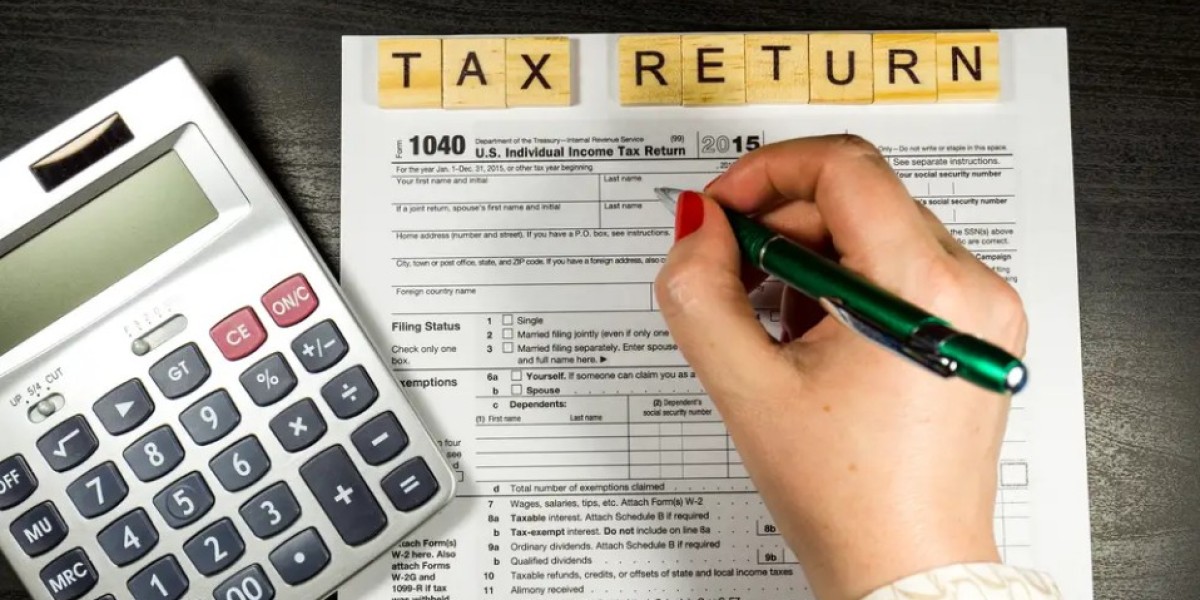Why Landlords in the UK Have Complex Tax Duties
Owning property in the UK can be profitable, but it comes with strict reporting rules. A tax return for landlords UK is different from a standard return, requiring details about rental income, allowable expenses, and new mortgage interest rules. On top of that, if you are an expat, managing an expat tax return UK adds another layer of complexity.
Ignoring these responsibilities doesn’t just risk penalties—it can impact your financial stability long term.
Who Must File a Landlord Tax Return?
You’ll need to submit a tax return for landlords UK if you:
Earn income from renting out one or more properties
Share property rental income with a partner or spouse
Own furnished holiday lets
Receive rental income from overseas
Have rental income exceeding HMRC’s allowance thresholds
Even if you think your income is small, reporting accurately is essential.
Step-by-Step Guide to Filing a Landlord Return
Register for Self Assessment – Notify HMRC before October 5 of the following tax year.
Track Income – Keep detailed records of rental payments, deposits, and arrears.
Record Allowable Expenses – These may include repairs, insurance, letting agent fees, and more.
Understand Mortgage Interest Rules – Claim tax credits instead of full deductions.
Include Capital Gains – If you sold a property, declare profits correctly.
Submit Online Before Deadline – The main date is January 31 for online returns.
Common Errors Landlords Make
Forgetting small but valid expenses (safety certificates, mileage, advertising)
Mixing personal and rental costs in one account
Not declaring overseas rental income
Ignoring capital gains tax after selling a property
Filing late and paying penalties unnecessarily
A professional accountant can prevent these mistakes.
Special Case: Expat Landlords
Managing a tax return for landlords UK is especially challenging for expats. If you live abroad but earn rental income from UK property, HMRC requires you to file an expat tax return UK. Expats must also:
Register under the Non-Resident Landlord Scheme (NRLS)
Pay tax on rental income earned in the UK
Submit accurate records despite living overseas
For many expats, hiring an accountant is essential because managing UK deadlines from abroad can be tricky.
Real-Life Example
David, an expat living in Dubai, owned two rental flats in London. He assumed that because he wasn’t in the UK, he didn’t need to file. After two years, HMRC contacted him for unpaid taxes. The penalties were significant. Once he hired a professional to manage his expat tax return UK, everything was streamlined, and he avoided further trouble. His story highlights why expats can’t ignore these duties.
Why Many Landlords Hire Professional Help
Landlord tax is one of the most frequently misunderstood areas of finance. With constant rule changes, the risk of error is high. An accountant ensures:
Every allowable expense is claimed
Submissions are accurate and on time
Reliefs and credits are maximized
Capital gains are reported correctly
Expats comply with NRLS obligations
Tips for a Smooth Filing Process
Keep digital copies of every invoice and receipt
Open a separate bank account for rental transactions
Review expenses monthly to avoid last-minute chaos
Track deadlines carefully—don’t wait until January
If you’re abroad, assign an accountant in the UK to act on your behalf
Conclusion
Filing a tax return for landlords UK is not optional—it’s a responsibility that demands accuracy and planning. For expats, the added challenge of managing an expat tax return UK makes professional help even more valuable. With the right approach and support, landlords can avoid penalties, save money, and focus on what matters most: growing their investments.








